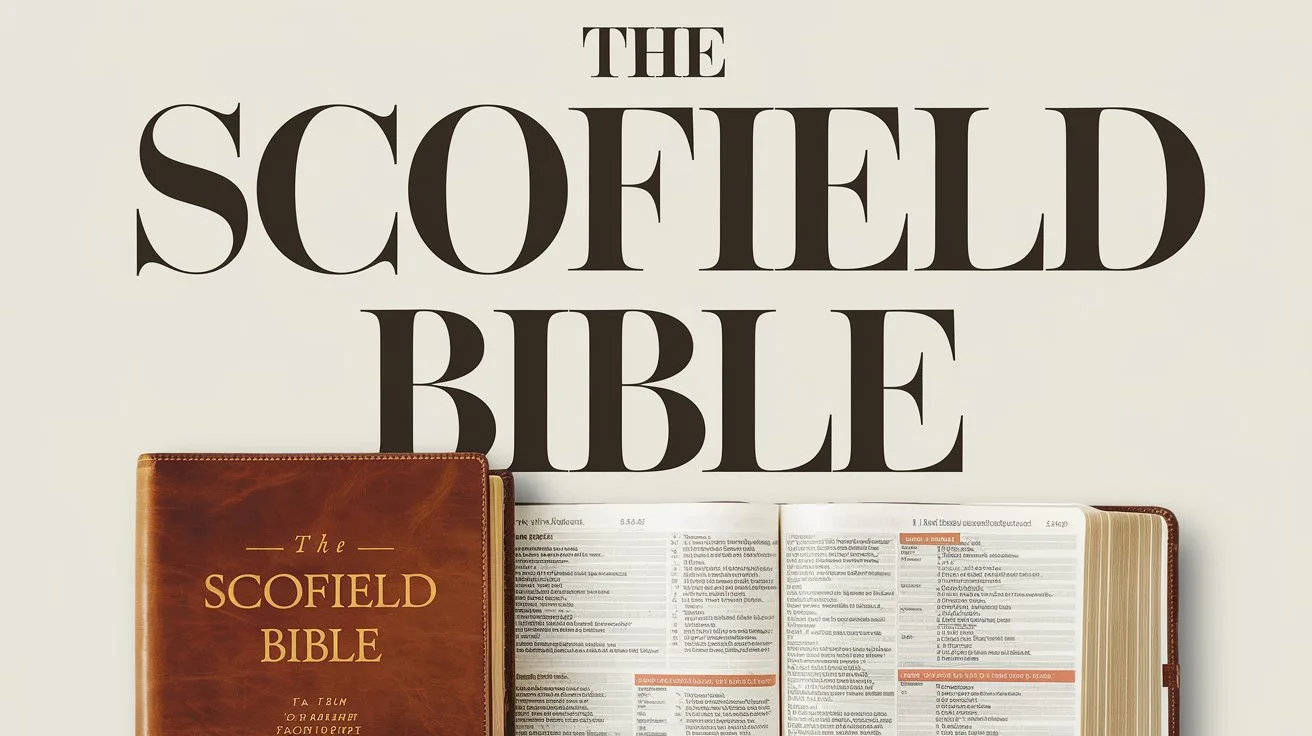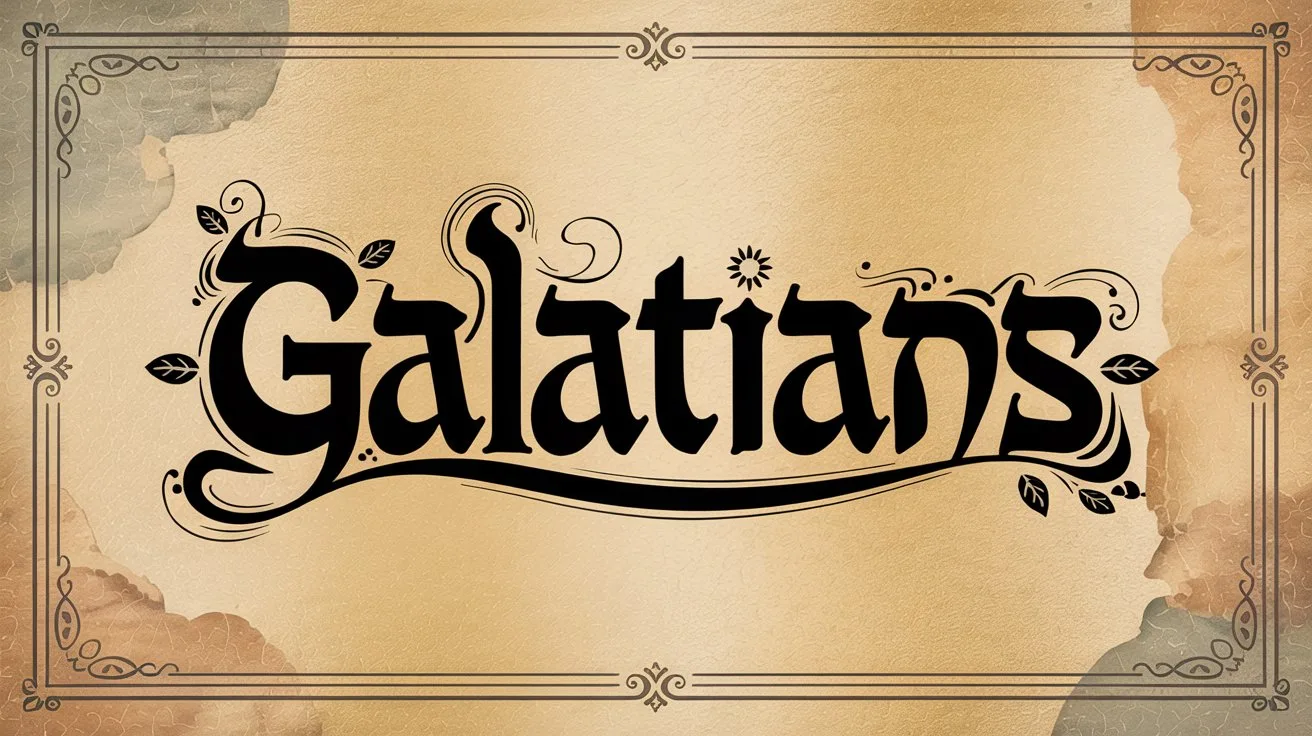Isaiah is one of the most prominent figures in the Old Testament, often referred to as a major prophet due to the length and depth of his book, which spans 66 chapters. Remarkably, Isaiah is often called the “mini Bible” because its structure mirrors that of the entire Bible. The title “major prophet” distinguishes his writings from the shorter works of the so-called “minor prophets,” though this distinction reflects the size of the book, not the significance of its message. Isaiah’s prophetic ministry is foundational to understanding God’s plan for Israel and the nations, as well as the coming of the Messiah.
When and Where Did Isaiah Live?
Isaiah lived during the 8th century B.C., ministering from approximately 740 to 681 B.C. He was a contemporary of the prophets Hosea, Amos, and Micah. Isaiah prophesied primarily in Jerusalem, the capital of Judah, during the reigns of four kings: Uzziah, Jotham, Ahaz, and Hezekiah (Isaiah 1:1). This period was one of great political upheaval and spiritual decline, as both Israel (the northern kingdom) and Judah (the southern kingdom) faced threats from the Assyrian Empire.
Isaiah appears to have been a man of some status, likely connected to the royal court, which allowed him access to the kings and leaders of Judah. His ability to address kings and influence policy suggests he was highly respected, even when his message was unwelcome.
The Overall Focus of Isaiah’s Book
Isaiah’s book has been described as a miniature Bible due to its structure and themes. The first 39 chapters align with the tone of the Old Testament, focusing on judgment and the need for repentance, while the final 27 chapters echo the New Testament, emphasizing hope, restoration, and the coming Messiah.
The overarching themes of Isaiah’s book include:
Judgment Against Sin: Isaiah warned Judah and the nations about the consequences of idolatry, injustice, and rebellion against God. His message is encapsulated in Isaiah 1:18, where God invites His people, “Come now, and let us reason together… Though your sins are like scarlet, they shall be as white as snow.”
The Omnipotent God: Isaiah emphasizes that God is the supreme ruler over all nations. In Isaiah 45:5, God declares, “I am the Lord, and there is no other; there is no God besides Me.”
The Hope of Redemption: Despite messages of judgment, Isaiah also speaks of restoration and a glorious future for God’s people. This is seen in promises like Isaiah 40:31, “But those who wait on the Lord shall renew their strength.”
The Coming Messiah: Isaiah’s book is filled with Messianic prophecies, presenting Jesus as the ultimate hope for salvation and peace.
Who Was the Book of Isaiah Written To?
Isaiah’s primary audience was the people of Judah, although his prophecies also addressed Israel, the nations surrounding Judah, and, ultimately, all of humanity. His immediate goal was to call Judah to repentance and warn them of coming judgment if they continued in sin. At the same time, Isaiah looked far into the future, prophesying about the coming Messiah and the eternal kingdom of God.
The Visions Given to Isaiah
Isaiah received remarkable visions from God, each filled with powerful imagery. One of the most significant is found in Isaiah 6, where Isaiah describes his call to ministry. He saw the Lord seated on a throne, high and lifted up, and the seraphim around Him crying, “Holy, holy, holy is the Lord of hosts; the whole earth is full of His glory!” (Isaiah 6:3). Overwhelmed by his sinfulness, Isaiah confessed, “Woe is me, for I am undone!” But God purified him with a coal from the altar and commissioned him to deliver His word.
Other visions include:
The vineyard parable in Isaiah 5, symbolizing Israel’s failure to produce righteousness despite God’s care.
The prophecy of the virgin birth in Isaiah 7:14: “Behold, the virgin shall conceive and bear a Son, and shall call His name Immanuel.”
The suffering servant described in Isaiah 53, a vivid prophecy of the Messiah’s sacrificial death.
The Prophecy of the Messiah
Isaiah’s book is often called the Gospel of the Old Testament because of its detailed and profound prophecies about the Messiah. Some key passages include:
The Virgin Birth: In Isaiah 7:14, the Messiah is promised as Immanuel, meaning “God with us.” This prophecy is fulfilled in Jesus’ birth as recorded in Matthew 1:23.
The Light to the Gentiles: Isaiah foretells that the Messiah’s mission will extend beyond Israel to the nations. In Isaiah 42:6, God says, “I, the Lord, have called You in righteousness, and will hold Your hand; I will keep You and give You as a covenant to the people, as a light to the Gentiles.”
The Prince of Peace: In Isaiah 9:6–7, we read the well-known prophecy of the child who will be called “Wonderful, Counselor, Mighty God, Everlasting Father, Prince of Peace.”
The Suffering Servant: Perhaps the most vivid portrayal of the Messiah is found in Isaiah 53, which describes His rejection, suffering, and death for the sins of humanity. “But He was wounded for our transgressions, He was bruised for our iniquities; the chastisement for our peace was upon Him, and by His stripes we are healed” (Isaiah 53:5).
The Reign of the Messiah: In Isaiah 11:1–10, we see a vision of the Messiah’s righteous reign, where the wolf and lamb dwell together, symbolizing peace and restoration.
Isaiah’s Character
Isaiah stands out as a man of courage, faith, and deep sensitivity to God’s holiness. He began his ministry with a profound awareness of his own sinfulness (Isaiah 6:5), but willingly accepted God’s call, saying, “Here am I! Send me” (Isaiah 6:8). Despite facing resistance and rejection, Isaiah faithfully delivered God’s messages, demonstrating perseverance and an unwavering trust in God.
Isaiah’s writings reveal his deep compassion for God’s people and his longing for their repentance and restoration. His poetic and vivid language reflects a heart captivated by the glory of God, as seen in passages like Isaiah 40:28–31, where he speaks of God’s greatness and the renewal He offers to those who trust Him.
My Final Thoughts
Isaiah’s ministry was one of boldness and faithfulness, delivered in a time of great spiritual darkness. His message was one of both judgment and hope, calling God’s people to repentance while pointing them toward the ultimate hope of the coming Messiah. The book of Isaiah not only reveals the heart of God for His people, but also provides one of the most compelling portraits of Jesus Christ found in the Old Testament.
For us today, Isaiah’s words remind us of the holiness of God, the seriousness of sin, and the amazing grace available through Christ. His life challenges us to be bold in our faith, to trust in God’s plans, and to fix our eyes on the hope of eternity.












